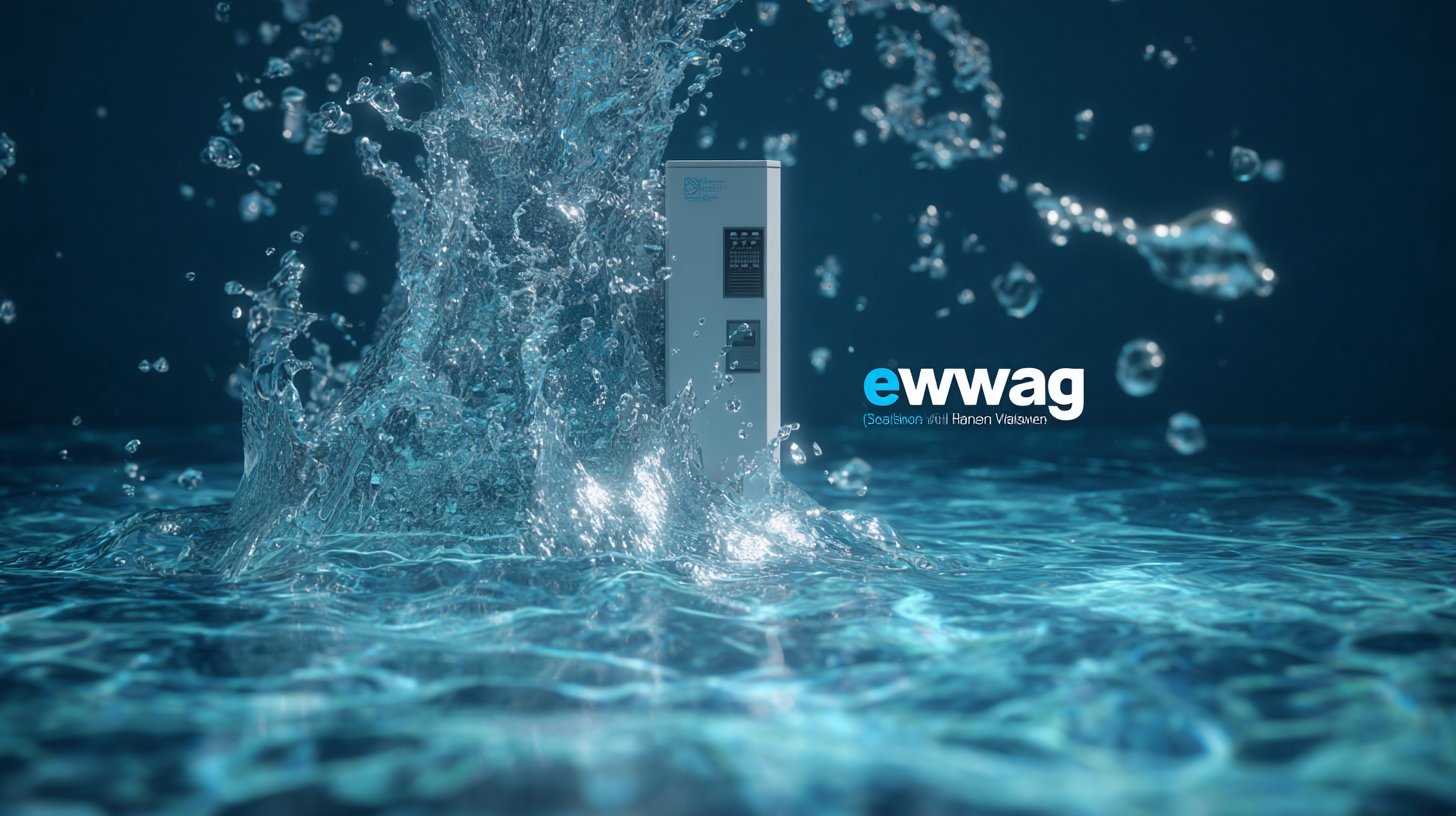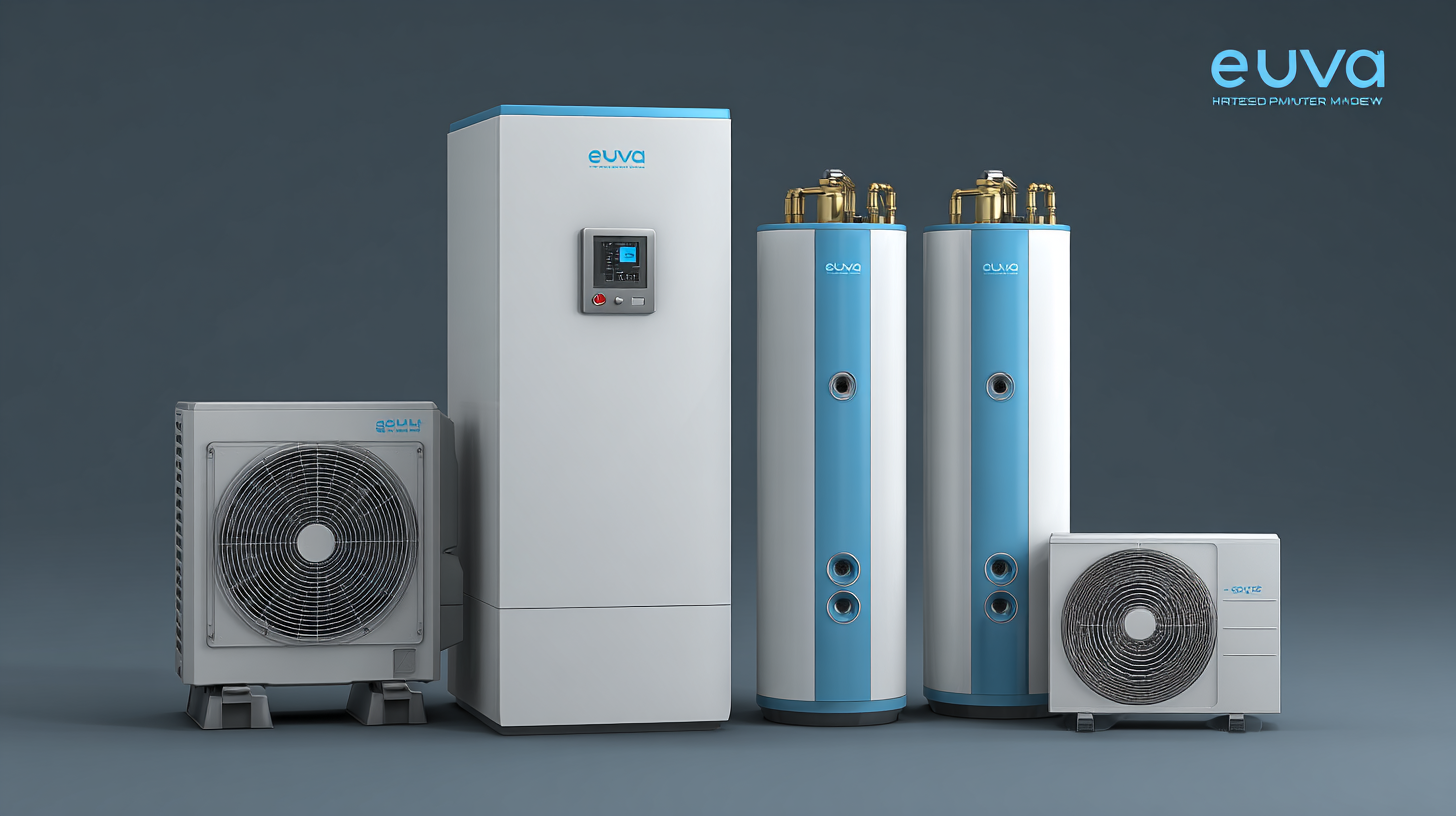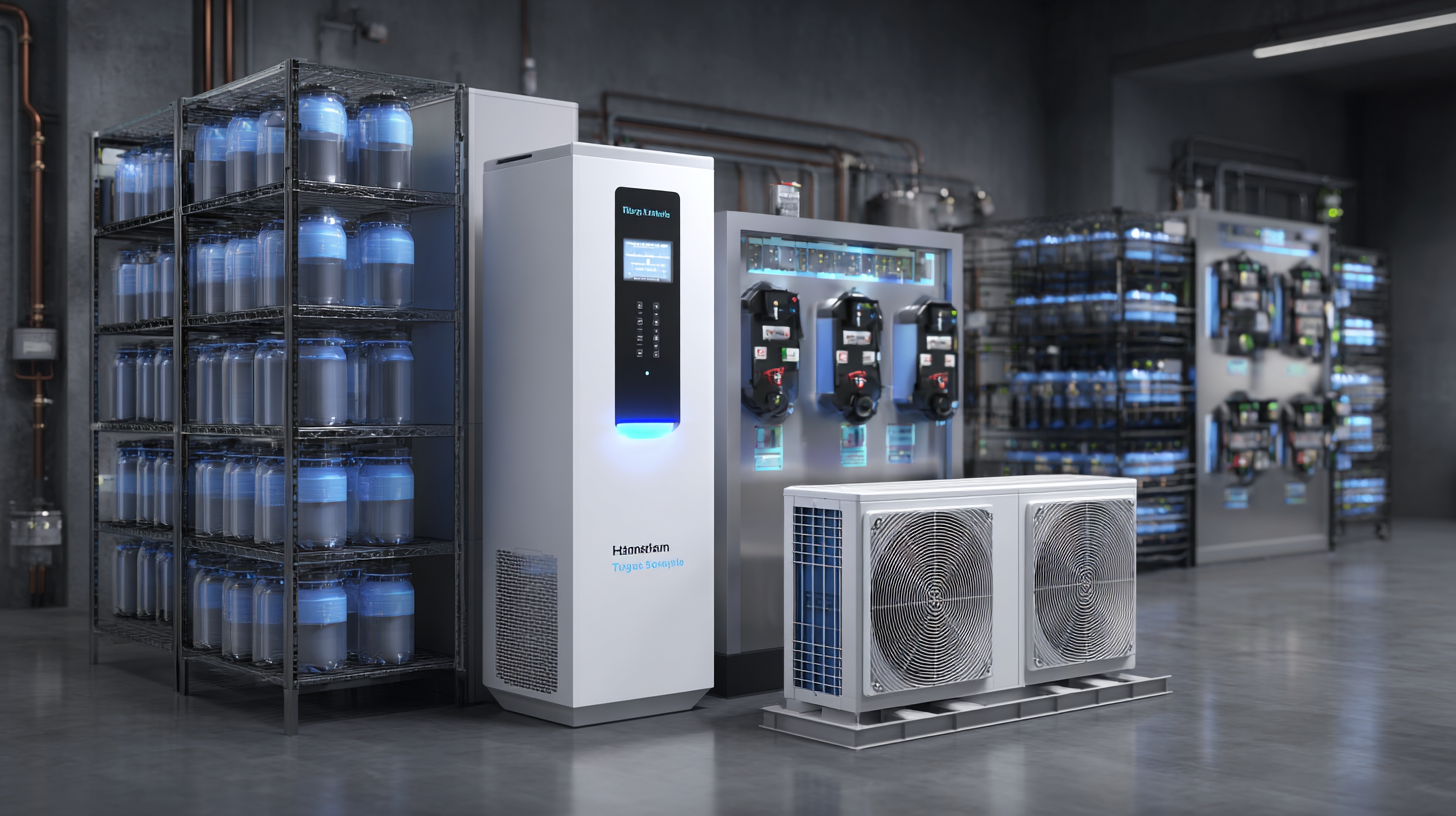Language
- English
- Afrikaans
- O'zbek
- Lëtzebuergesch
- Español
- Português
- русский
- Français
- Deutsch
- tiếng Việt
- Italiano
- Nederlands
- ภาษาไทย
- Polski
- 한국어
- Svenska
- magyar
- Malay
- Dansk
- Suomi
- हिन्दी
- Pilipino
- Türkçe
- Gaeilge
- العربية
- Indonesia
- Norsk
- تمل
- český
- ελληνικά
- український
- Javanese
- فارسی
- தமிழ்
- తెలుగు
- नेपाली
- Burmese
- български
- Latine
- Қазақша
- Euskal
- Azərbaycan
- Slovenský jazyk
- Македонски
- Lietuvos
- Eesti Keel
- Română
- Slovenski
- मराठी
- Srpski језик





 As residential heat pump water heater markets continue to expand, the emphasis on compliance with these standards becomes paramount for manufacturers and consumers alike.
As residential heat pump water heater markets continue to expand, the emphasis on compliance with these standards becomes paramount for manufacturers and consumers alike.